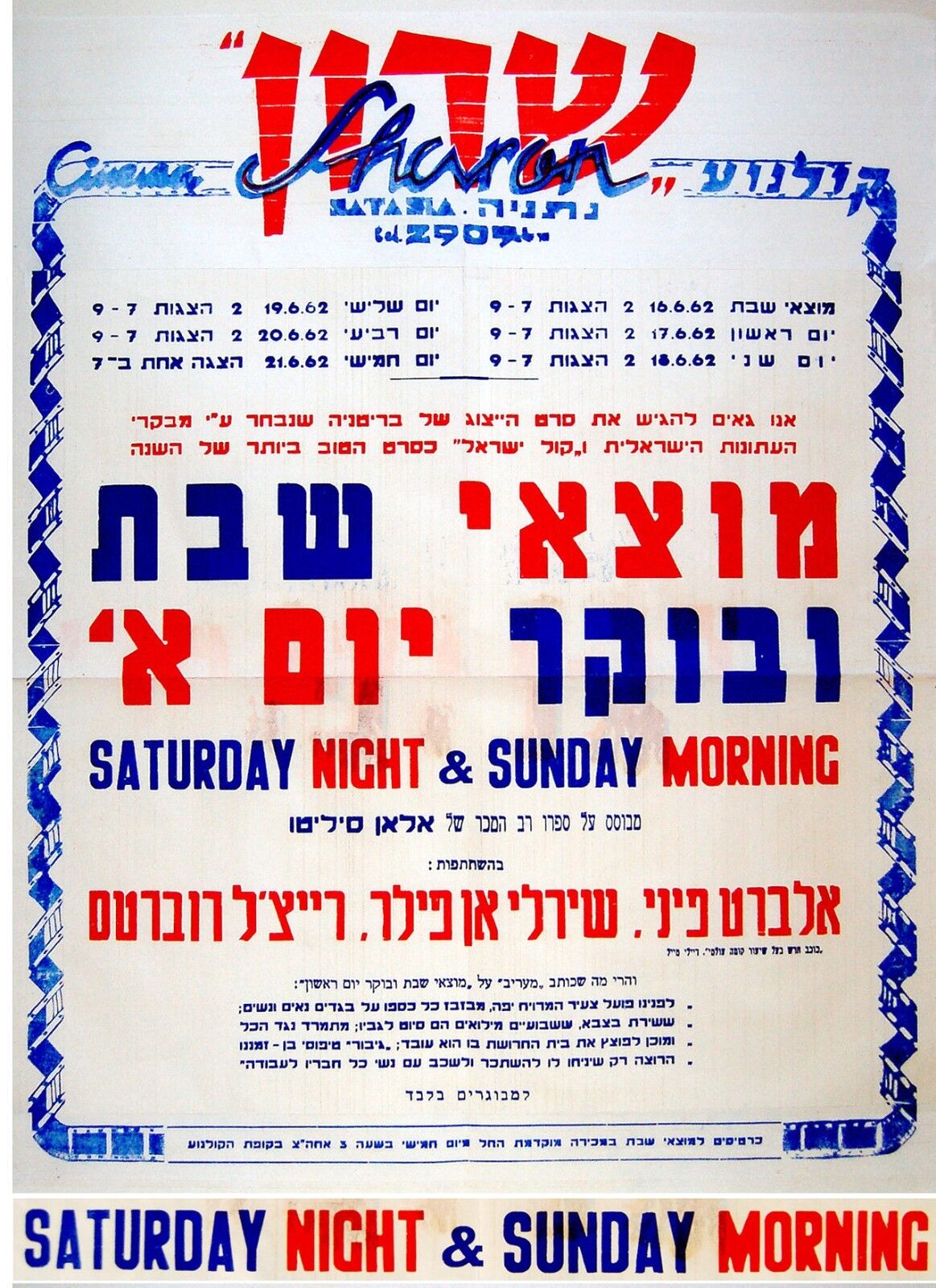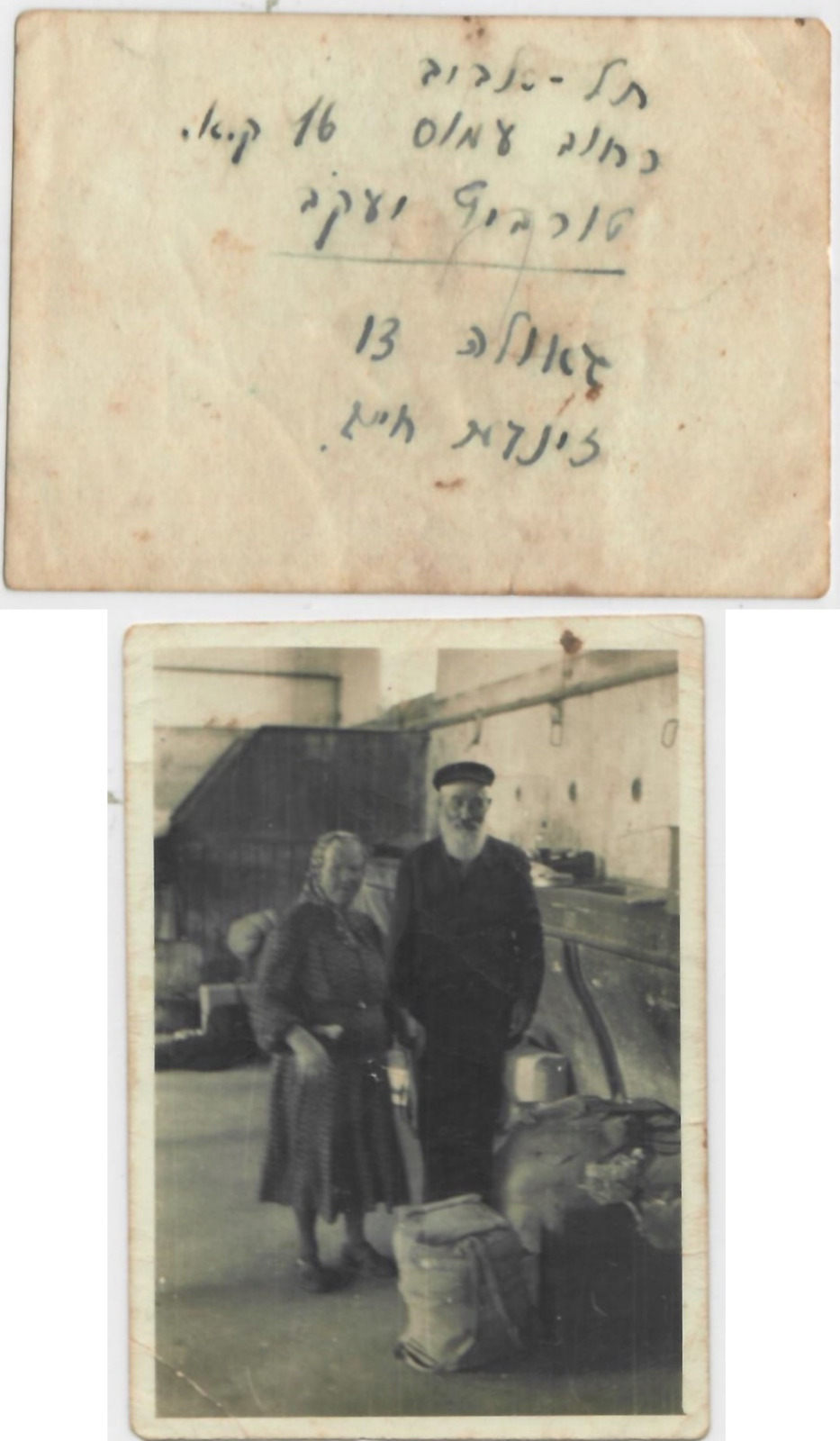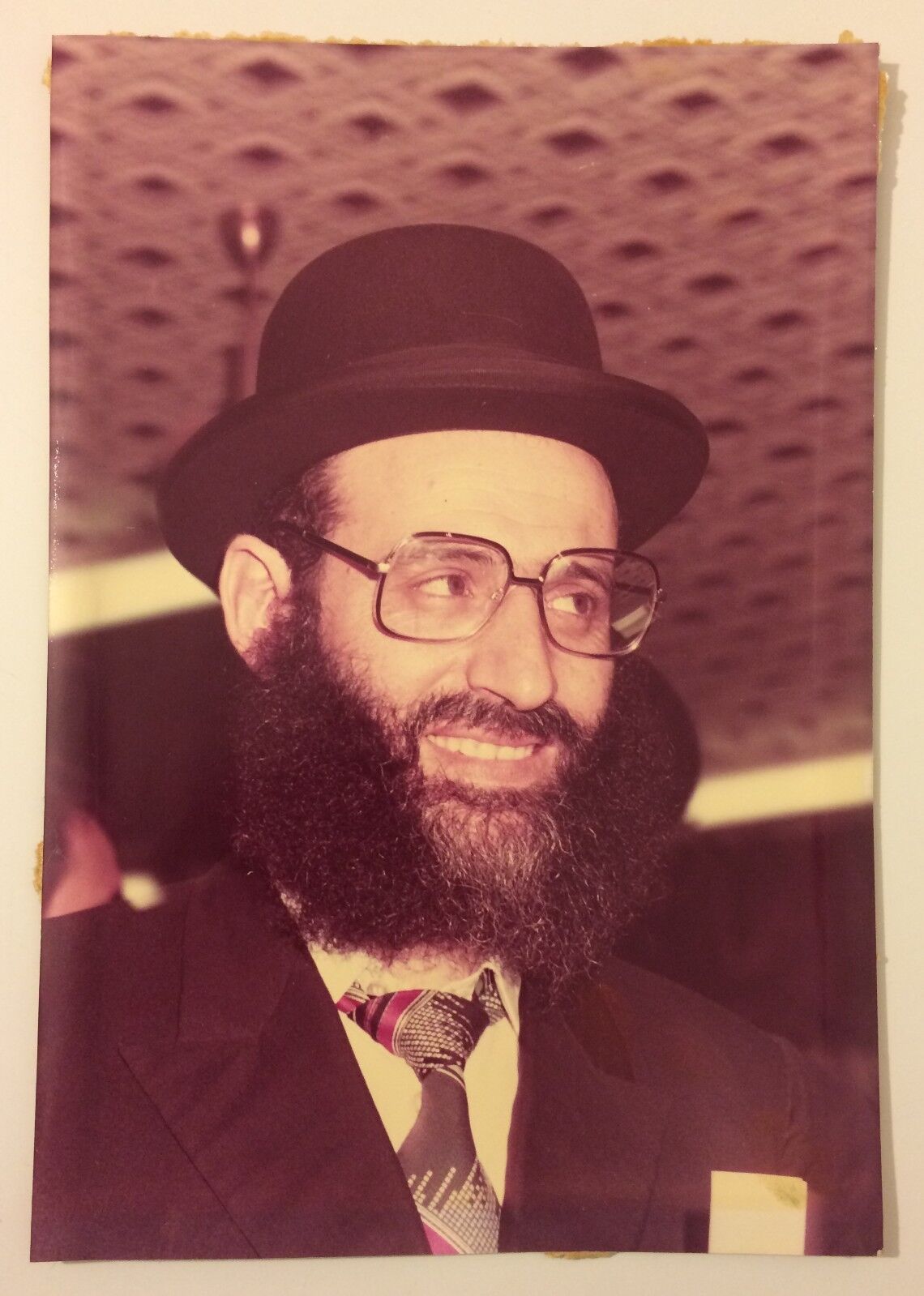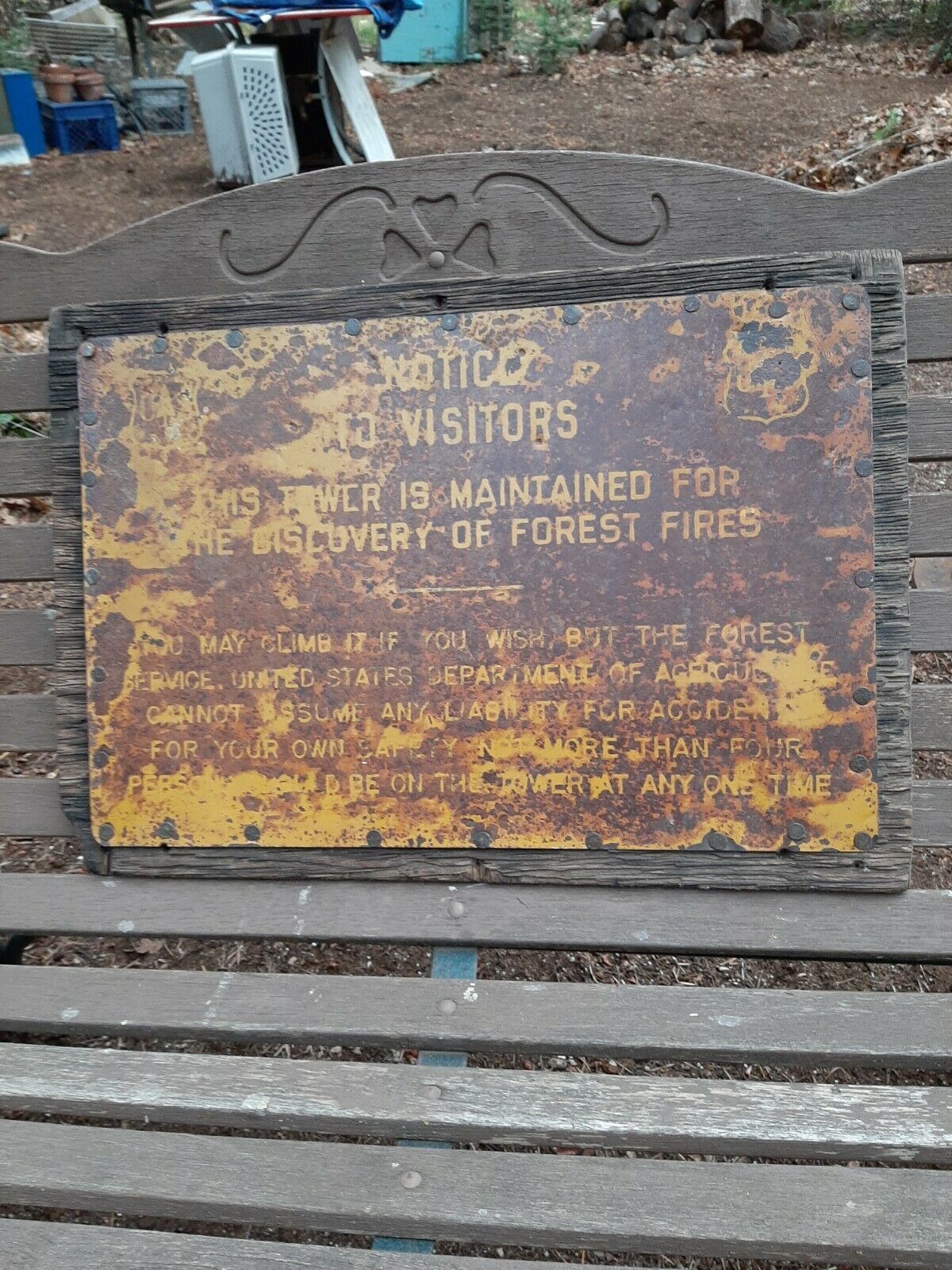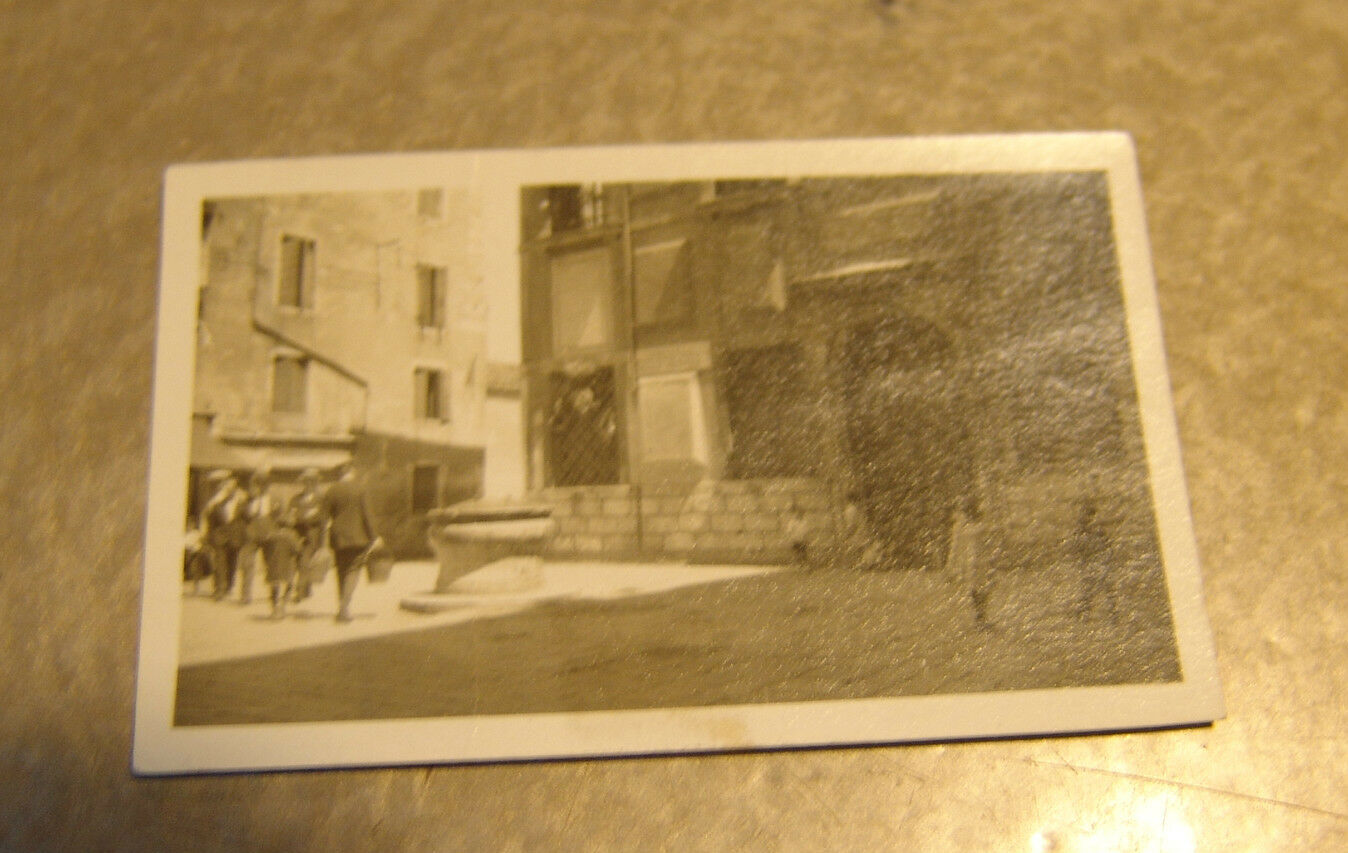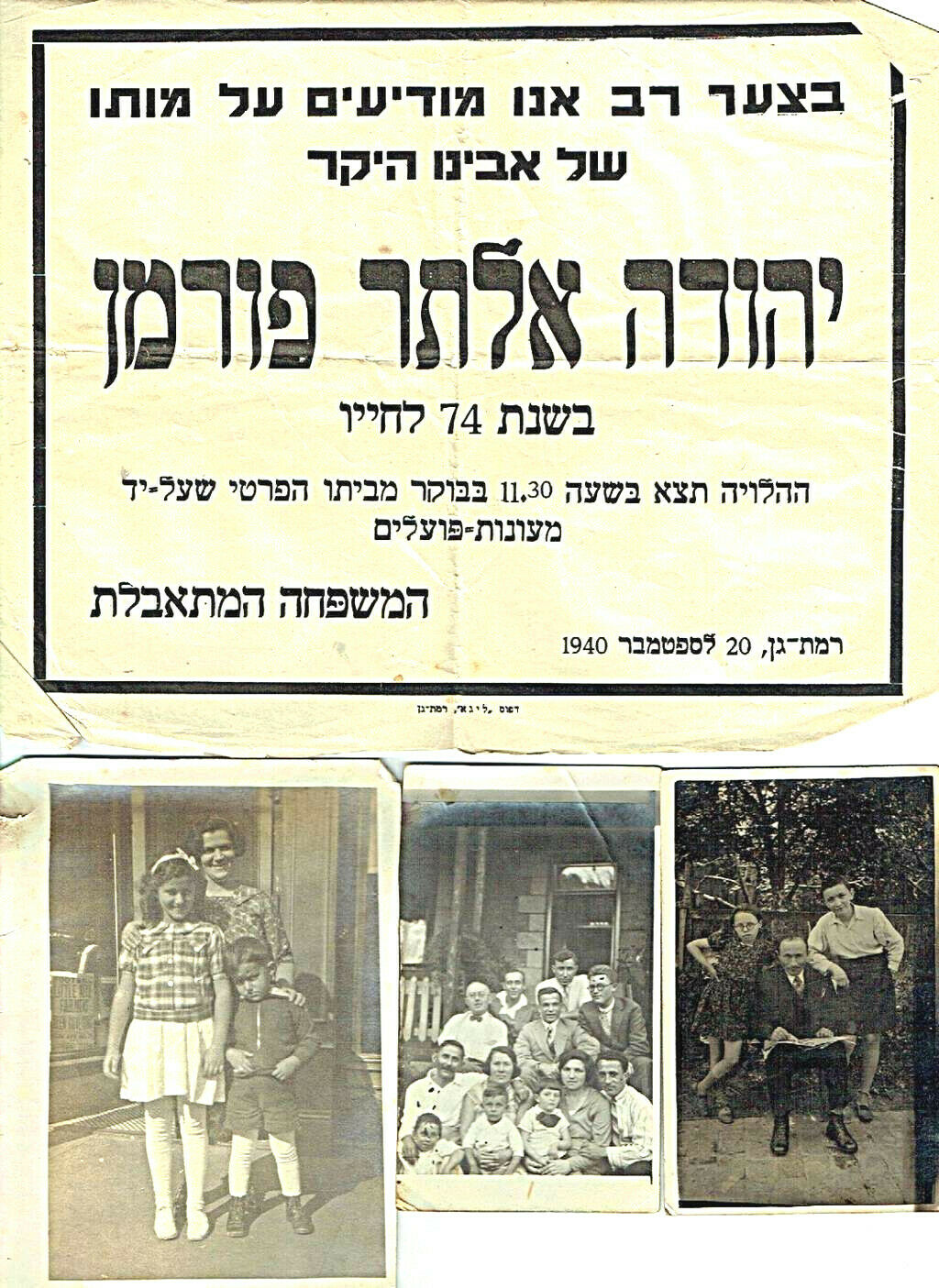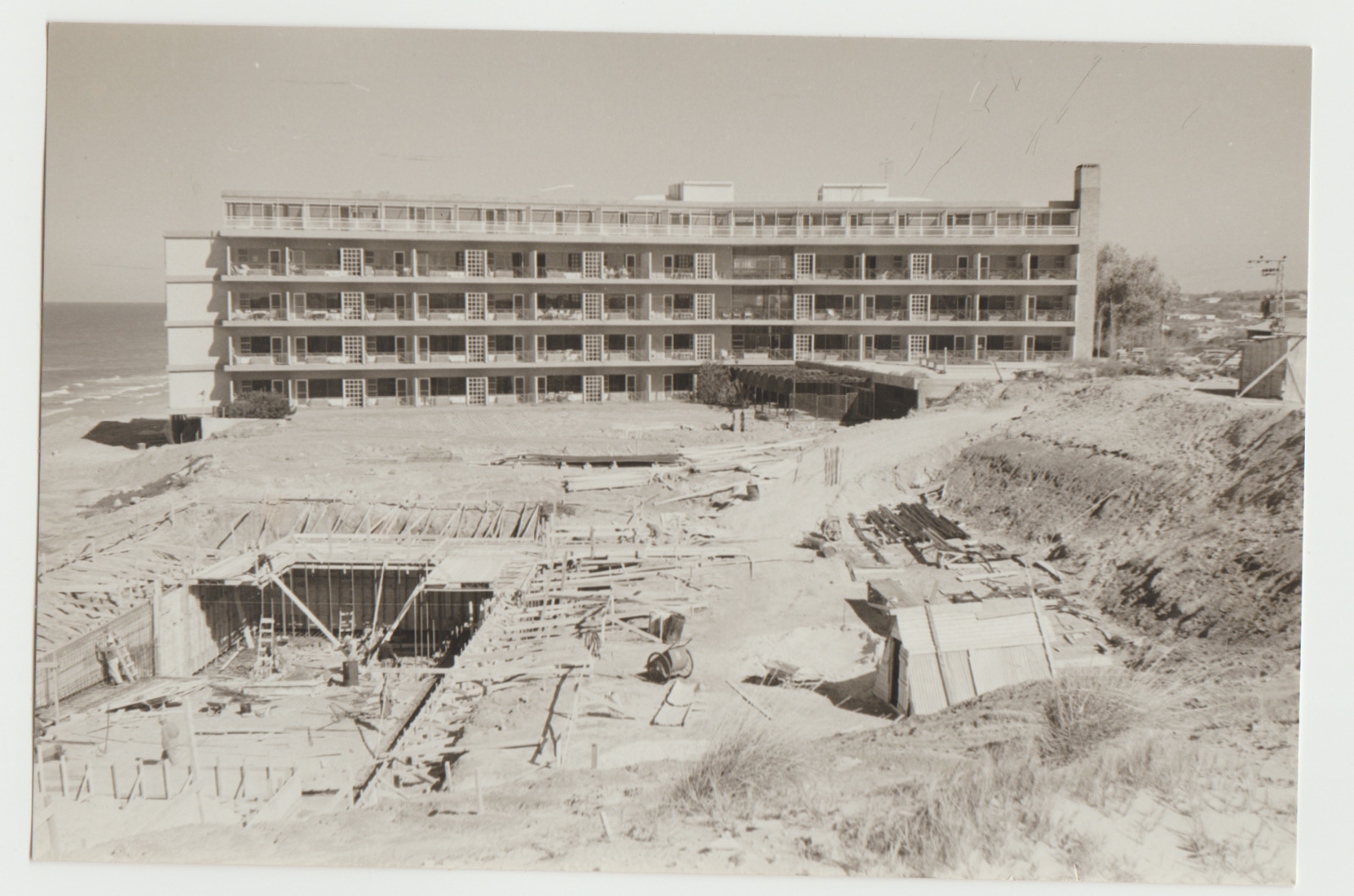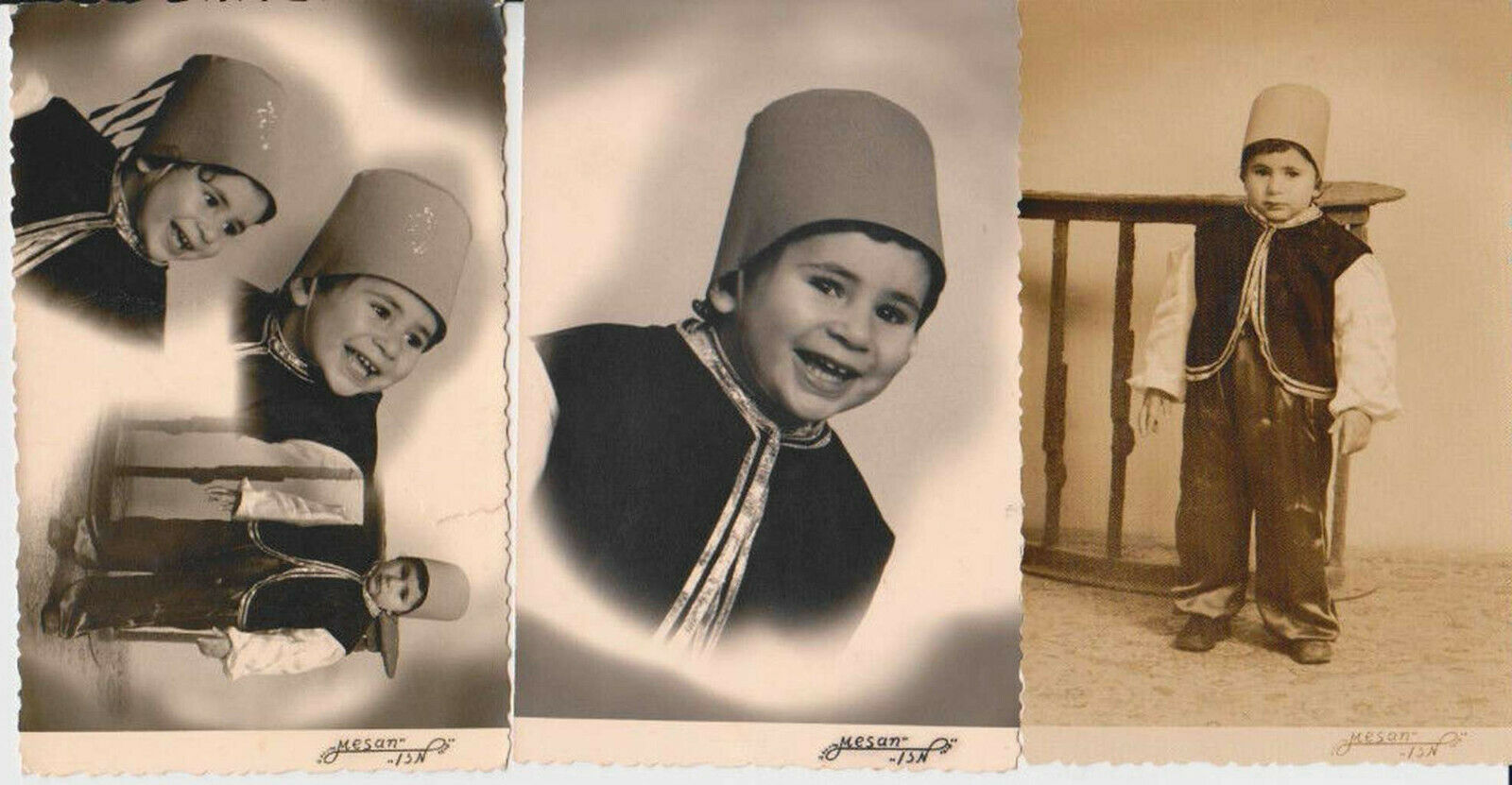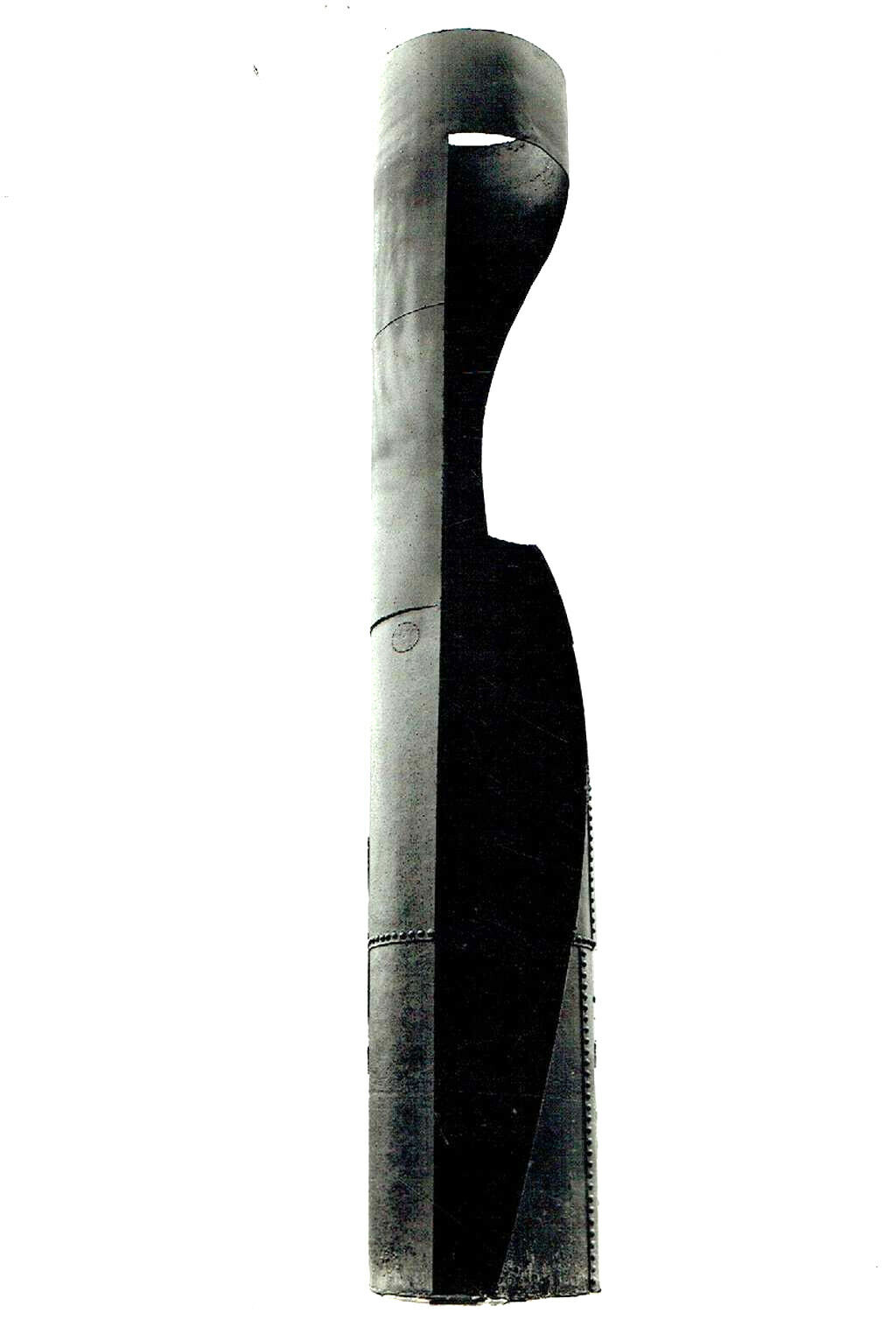-40%
1962 Israel SATURDAY NIGHT & SUNDAY MORNING Movie UK FILM POSTER Hebrew FINNEY
$ 46.99
- Description
- Size Guide
Description
DESCRIPTION:
Here for sale is an EXCEPTIONALY RARE and ORIGINAL
over 55
years old POSTER for the ISRAEL 196
2
premiere of the acclaimed
and awards winning
BRITISH DRAMA
film "
SATURDAY NIGHT AND SUNDAY MORNING
" by TONY RICHARDSON and KARL REISZ in the small rural town of NATHANYA in ISRAEL. Starring
ALBERT FINNEY,
RACHEL ROBERTS , COLIN BLAHELY and SHIRLEY ANNE FIELD , GERALDINE FITZGERALD
to name only a few
. The cinema-movie hall " CINEMA SHARON" , A local Israeli version of "Cinema Paradiso" was printing and producing manualy its own posters , And thus you can be certain that this surviving copy is ONE OF ITS KIND. Fully DATED 196
2
. Text in HEBREW and ENGLISH .
Please note : This is NOT a re-release poster but PREMIERE - FIRST RELEASE projection of the film ,
A
year after its release in 196
1
in USA and worldwide .
The ISRAELI distributors of the film provided the poster with quite archaic and amusing HEBREW text .
Size around 27" x 34" ( not accurate ) .
Printed in red and blue . Cut and connected as issued by the cinema. The condition is good .
One central fold
. Somewhat stained . ( Pls look at scan for accurate AS IS images ) Poster will be sent rolled in a special protective rigid sealed tube.
PAYMENTS
:
P
ayment method accepted : Paypal
& All credit cards
.
SHIPPMENT
:
SHIPP worldwide via registered airmail is $ 25. Poster will be sent rolled in a special protective rigid sealed tube. Handling around 5 days after payment.
Saturday Night and Sunday Morning is a 1960 British drama film directed by Karel Reisz and produced by Tony Richardson. It is an adaptation of the 1958 novel of the same name by Alan Sillitoe, who also wrote the screenplay adaptation. The film is about a young machinist who spends his weekends drinking and partying, all the while having an affair with a married woman. The film is one of a series of "kitchen sink drama" films made in the late 1950s and early 1960s, as part of the British New Wave of filmmaking, from directors such as Reisz, Jack Clayton, Lindsay Anderson, John Schlesinger and Tony Richardson and adapted from the works of writers such as Sillitoe, John Braine and John Osborne. A common trope in these films was the working-class "angry young man" character who rebels against the oppressive system of his elders (in this case, the character of Arthur). In 1999, the British Film Institute named Saturday Night and Sunday Morning the 14th greatest British film of all time on their Top 100 British films list. Contents 1 Plot 2 Cast 3 Production 3.1 Style 3.2 Filming locations 4 Reception 4.1 Awards 5 Popular culture references 6 See also 7 References 8 External links Plot[edit] Arthur Seaton is a young machinist at the Raleigh bicycle factory in Nottingham. He is determined not to be tied down to living a life of domestic drudgery like the people around him, including his parents, whom he describes as "dead from the neck up". He spends his wages at weekends on drinking and having a good time. Arthur is having an affair with Brenda, the wife of an older colleague. He also begins a more traditional relationship with Doreen, a beautiful single woman closer to his age. Doreen, who lives with her mother and aspires to be married, avoids Arthur's sexual advances, so he continues to see Brenda as a sexual outlet. Brenda becomes pregnant by Arthur, who offers to help raise the child or terminate the unwanted pregnancy (as abortion was not legal in Britain at the time of the film). Arthur takes her to see his Aunt Ada for advice. Ada has Brenda sit in a hot bath and drink gin, which does not work. Brenda asks Arthur for £40 to get an abortion from a doctor. After Doreen complains about not going anywhere public with Arthur, he takes her to the fair where he sees Brenda. Arthur pulls Brenda aside, and she reveals that she has decided to have the child. As Arthur clings to her, she wriggles free because she is at the fair with her family. Arthur follows her on to an amusement ride and gets in a car with her. Brenda's brother-in-law and his friend notice her enter the ride and follow her, shocked to see Arthur riding with his arm around Brenda. Arthur escapes the ride, but he is later caught and beaten. Arthur spends a week recovering and is visited by Doreen; they later have sex. After recovering, Arthur returns to work, and realises his affair with Brenda is finished after her husband tells him to stay away from Brenda. Arthur decides to marry Doreen. The film ends with Arthur and Doreen discussing the prospect of a new home together, with Arthur showing that he still has mixed feelings about settling down into domestic life. Cast[edit] Albert Finney as Arthur Seaton Shirley Anne Field as Doreen Rachel Roberts as Brenda Hylda Baker as Aunt Ada Norman Rossington as Bert Bryan Pringle as Jack Robert Cawdron as Robboe Edna Morris as Mrs Bull Elsie Wagstaff as Mrs Seaton Frank Pettitt as Mr Seaton Avis Bunnage as Blousy Woman Colin Blakely as Loudmouth Irene Richmond as Doreen's Mother Louise Dunn as Betty Anne Blake as Civil Defence Officer Peter Madden as Drunken Man Cameron Hall as Mr Bull Alister Williamson as Police Constable Peter Sallis as Man in Suit (uncredited) Jack Smethurst as Waiter (uncredited) Production[edit] Style[edit] Saturday Night and Sunday Morning was at the forefront of the British New Wave, portraying British working class life in a serious manner for the first time and dealing realistically with sex and abortion. It was among the first of the "kitchen sink dramas" that followed the success of the play Look Back in Anger. Producer Tony Richardson later directed another such film, The Loneliness of the Long Distance Runner, which was also adapted from an Alan Sillitoe book of the same name. Saturday Night and Sunday Morning received an X rating from the BBFC upon its theatrical release. It later was submitted for re-rating for the home video release and given a PG rating.[4] Filming locations[edit] Much of the exterior filming was done on location in Nottingham, though some scenes were shot elsewhere. The night scene with a pub named "The British Flag" in the background was filmed along Culvert Road in Battersea, London, the pub being at the junction of Culvert Road and Sheepcote Lane (now Rowditch Lane). The closing scenes show Arthur and Doreen on a grassy slope overlooking a housing estate with new construction going on. According to an article in the Nottingham Evening News on 30 March 1960, this was filmed in Wembley with the assistance of Nottingham builders Simms Sons & Cooke who set up a staged "building site" on location.[citation needed] Reception[edit] Saturday Night and Sunday Morning opened at the Warner cinema in London's West End on 27 October 1960 and received generally favourable reviews. The film went on general release on the ABC cinema circuit from late January 1961 and was a popular success, being the third most popular film at the British box office in that year. It earned over half a million pounds in profit.[5] Awards[edit] Award Category Recipient(s) Result British Academy Film Awards Best Film Karel Reisz Nominated Best British Film Won Best British Actor Albert Finney Nominated Best British Actress Rachel Roberts Won Best British Screenplay Alan Sillitoe Nominated Most Promising Newcomer to Leading Film Roles Albert Finney Won Mar del Plata International Film Festival Grand Award for Best Feature Film[6] Karel Reisz Won Best Actor Albert Finney Won Best Screenplay Allan Sillitoe Won FIPRESCI Award Karel Reisz Won National Board of Review Best Actor Albert Finney Won Top Foreign Films Won Popular culture references[edit] The film is the origin for the title of the debut album of indie rock band Arctic Monkeys, Whatever People Say I Am, That's What I'm Not. It is also the origin for the title of the live album Saturday Night, Sunday Morning by the Stranglers. "Saturday Night Sunday Morning" is the title of a song from Madness' 1999 album Wonderful. The runout groove on the B-side of vinyl copies of the Smiths' 1986 album The Queen Is Dead features the line "Them was rotten days," a line said by Aunt Ada (Hylda Baker) in the film. Also the line said by Doreen before Arthur takes her to the fair, "Why don't you ever take me where's it lively and there's people?" inspired the song "There Is A Light That Never Goes Out" on the same album ("I want to see people and I want to see life"). Morrissey, the lead singer and principal songwriter of the Smiths, has stated that the film is one of his favourites. Arthur Seaton is mentioned in the song "Where Are they Now?" by the Kinks, which appears on their album Preservation Act 1. Arthur Seaton is also mentioned in the song "From Across The Kitchen Table" by the Pale Fountains.[citation needed] The film is referenced, not least in the form of the promotional video, using elements of the original cinema posters' graphic design, in the 2013 Franz Ferdinand single "Right Action". Some of the song's lyrics were inspired by a postcard found by the band's lead singer Alex Kapranos for sale on a market stall, the postcard being addressed to the film's director, Karel Reisz.[citation needed] Saturday Night and Sunday Morning This is a part 2 of the 4-part British New Wave series of posts. You can view the other parts here: Part 1 | Part 3 | Part 4 Though Room at the Top (1958) is credited as the official beginning of the British New Wave, it was not until the release of Saturday Night and Sunday Morning in 1960 that the true effect of the ‘Wave’ was felt. Directed by Free Cinema veteran Karel Reisz and produced by another Free Cinema pioneer Tony Richardson, the film took over audiences in Britain like an avalanche over a small village in some god forsaken valley. It had all the ingredients for a controversial film: an anti-social protagonist, morally questionable behaviour and portrayal of taboo topics like unwanted pregnancy and extra-marital affairs. Albert Finney brings out the performance of his lifetime in his portrayal of the hot tempered tough guy Arthur Seaton, a role which was considered Britain’s reply to Marlon Brando. Saturday Night and Sunday Morning was the first film to have all its exterior shots to be filmed on location. This was a major move which would influence the following films in the New Wave to be gradually filmed entirely on location. The film was also well known for its clash with the censor board. A significant amount of dialogue in the film had to be replaced owing to the extensive use of swear words in the script. Another major problem was the depiction of Albert Finney’s character Arthur waking up on Sunday morning in bed with his colleague’s wife, a scene directly implying extra-marital affair which was not seen before in British cinema. A Study of the Plot Arthur Seaton is a young factory worker in Nottingham who works very hard six days a week and hangs out on Saturday nights. He is hard headed, short tempered and always ready to get into a fight. He openly expresses his hatred towards the society and anyone that he disagrees with. He is having an affair with his co-worker’s wife Brenda, an indulgence he saves for Saturday nights. Though Brenda is older to Arthur and is the mother of two children, she is very much in love with him and contemplates several times about leaving her husband and children and running away with Arthur. In the meantime, Arthur meets Doreen, a beautiful looking young woman who is closer to his own age at a pub. After a hot tempered conversation, she agrees to let him buy her a drink and later agrees to see him again. Over the next few weeks, Arthur and Doreen start seeing each other regularly and until Doreen starts referring to Arthur as ‘my boy’, a confirmation that they’ve fallen into a romantic relationship. Things seem to be going well for Arthur until Brenda comes to inform him that she is pregnant with his child. Arthur realizing that he is no longer in love with Brenda, wants her to have the child aborted. Brenda on the other hand wants to keep the baby and beseeches Arthur to take her away before her husband finds out. When Arthur doesn’t match her enthusiasm for the plan, Brenda realizes that Arthur has fallen out of love and agrees to get the abortion done. Arthur quickly seeks the advice of his aunt and takes Brenda to meet her. Brenda’s husband finds out about her pregnancy and affair with Arthur and enlists the help of his brother and a fellow soldier to chase Arthur down through a town carnival and give him a severe beating. Brenda resumes her normal life taking care of her husband and children while Arthur slowly recovers. Doreen comes to visit Arthur at his home and they eventually decide to get married. The film ends with Arthur and Doreen enjoying a nice and sunny day in the country side while they discuss their future after they get married. It can be felt that Arthur has slightly ‘grown up’ in this discussion and the viewer is left to wonder if Arthur has reformed. The Role of Arthur Seaton Arthur was the creation of Alan Sillitoe, the author of the Saturday Night and Sunday Morning novel. Sillitoe also adapted his novel for the screenplay of the film and kept the essence of his character alive. What Sillitoe did not foresee was that it was not until Albert Finney was cast in the leading role that the real Arthur came to life. Finney brought the same gritty persona to Arthur Seaton as Marlon Brando in The Wild One (1953). Arthur was not a nice person. He used to work at the bicycle factory all day long for six days a week and expects to release his frustration over the weekend in terms of either beer-chugging contests with other men whom he considers to be his inferiors or by getting into fist fights over his provocative behaviour. Throughout the film, Arthur can be seen pulling pranks on his female co-workers, shooting pellets at his obese elderly next door neighbour and having tough-guy fun with his mates. His fearlessness is fuelled not by any gallant qualities but more by the desire to get into a brawl. Arthur’s behaviour with women was shocking when it was first seen in 1960. His attitude against his mother is quite startling as he justifies this as his right as one of the bread winners of the family. His behaviour with the women that he is romantically involved with is also quite harsh. With Brenda, he is always rudely referring to her husband almost as if he is measuring him against himself. His first meeting with Doreen is also sparked by a rather rude comment and an almost order-like request to buy her a drink. Doreen matches his commanding attitude with a bit of air herself but it is Arthur who eventually succeeds in breaking through her force-shield. Arthur can be simply summarized as a person who never says ‘Sorry’ or ‘Thank You’ and never ever asks for anything. He either orders for it or takes it himself. Alan Sillitoe continues the spirit of Arthur Seaton into Colin Smith, the protagonist of The Loneliness of the Long Distance Runner (1962). Though Arthur and Colin seem to be very similar at first sight, they take very separate paths in their life. Arthur Seaton expresses a significant amount of anti-social behaviour. Some of his memorable dialogues are: “I take a tip from the fishes, never bite unless the bait’s good. I won’t get married till I’m good and ready.” “That’s what all those silly laws are for, to be broken by blokes like us.” “I work for the factory, income tax and the insurance already, that’s enough for a bit. They’re up you right, left and centre. After they’ve skinned you dry you get called up to the army and get shot to death.” “Look I’ll go and see me Aunt Ada, she’ll know what to do, she’s had 14 kids of her own and I’m sure she’s got rid of as many others.” “You shut your bleeding rathole ratface!” “Cause she’s a bitch and a whore, she’s got no heart in her - she’s a swivel-eyed get.” “They’d beat me right enough. Still, I had me bit of fun. It’s not the first time I’ve been in a losing fight, won’t be the last either I suppose.” “Mam called me barmy when I told her I fell of a gasometer for a bet. But I’m not barmy, I’m a fighting pit prop that wants a pint of beer, that’s me. But if any knowing bastard says that’s me I’ll tell them I’m a dynamite dealer waiting to blow the factory to kingdom come. Whatever people say I am, that’s what I’m not because they don’t know a bloody thing about me! God knows what I am.” “Don’t let the bastards grind you down!” “I’m out for a good time - all the rest is propaganda!” . ebay3191


